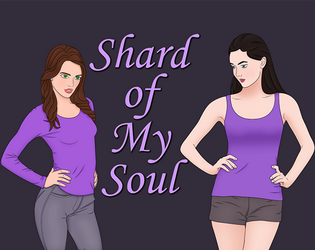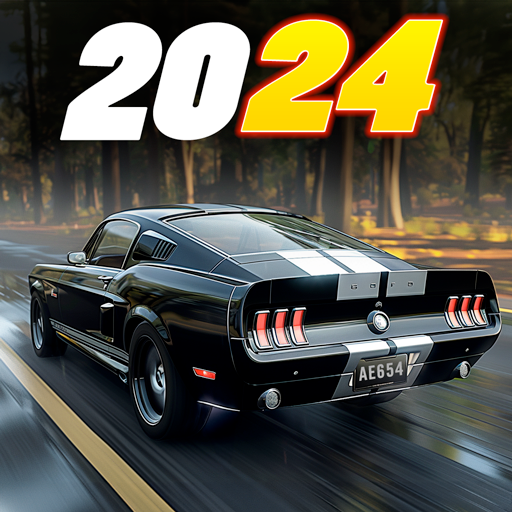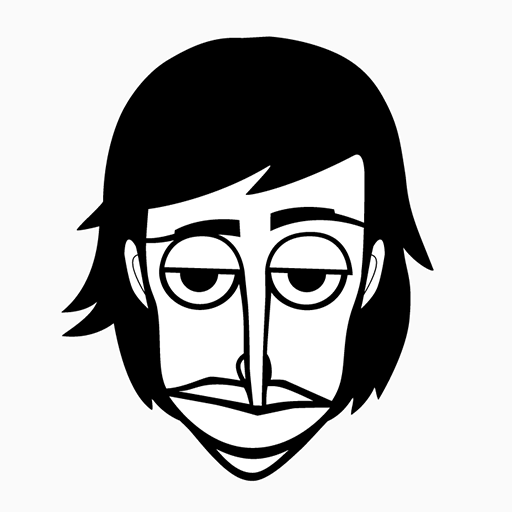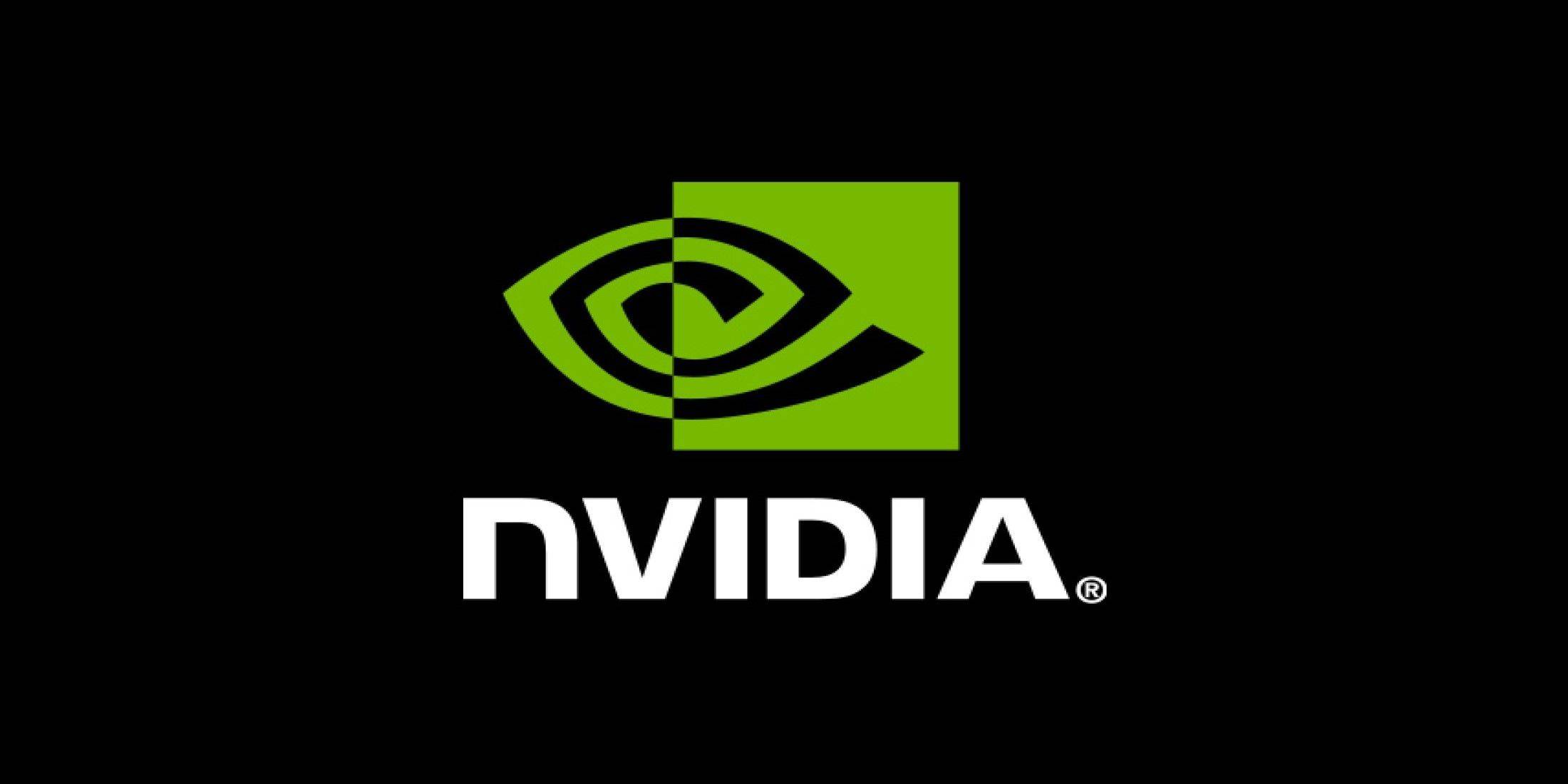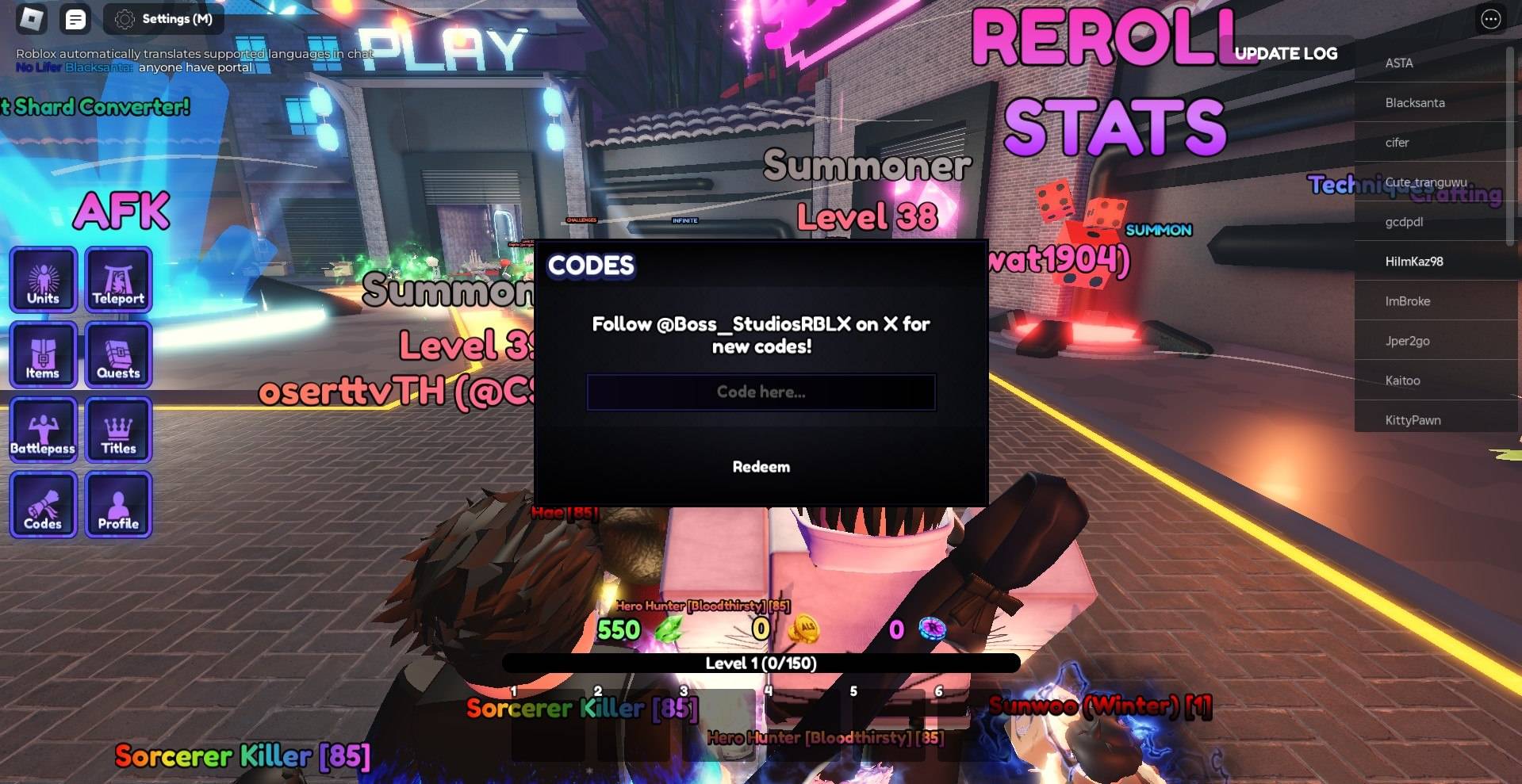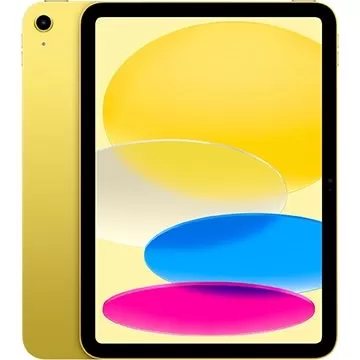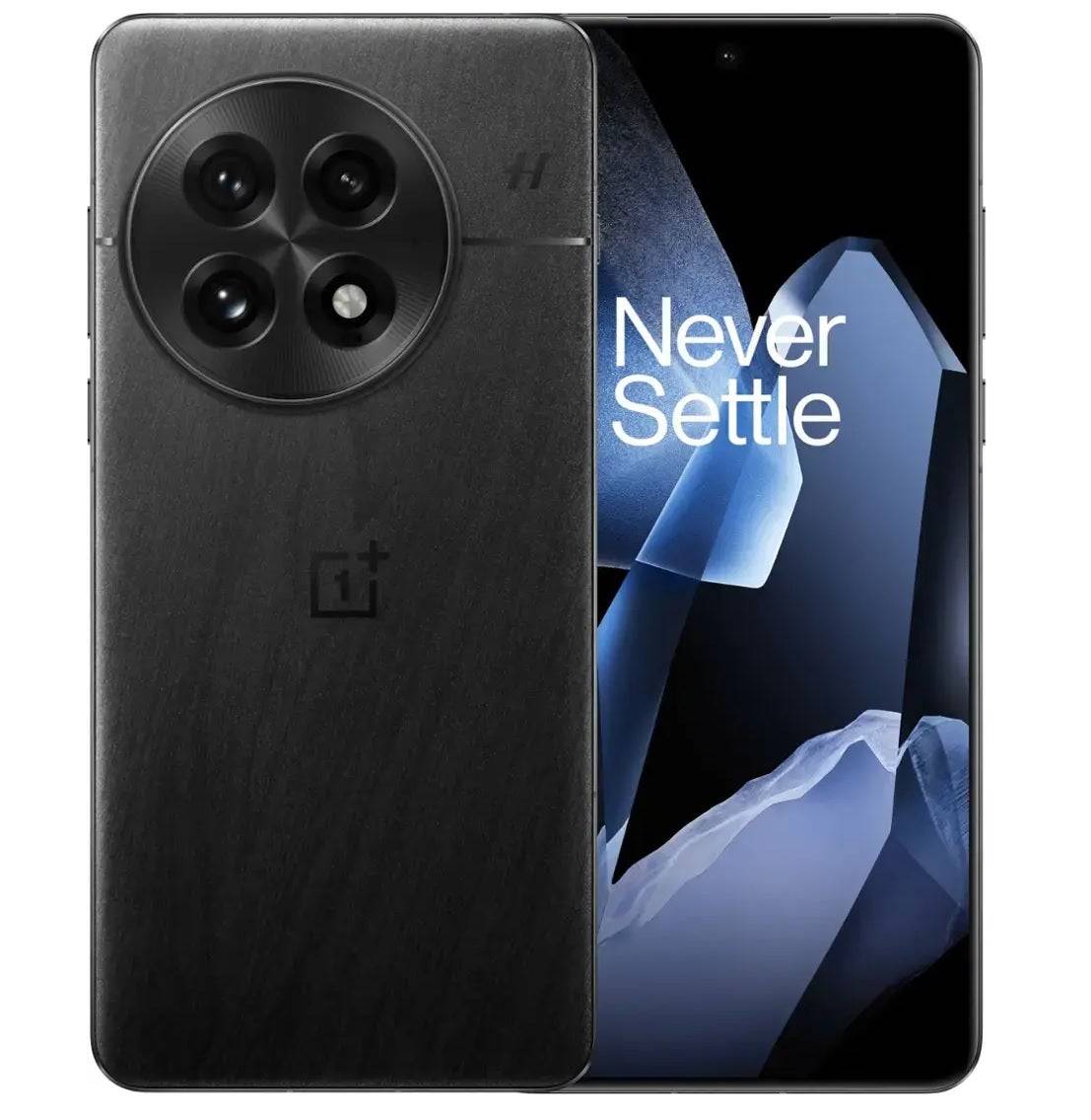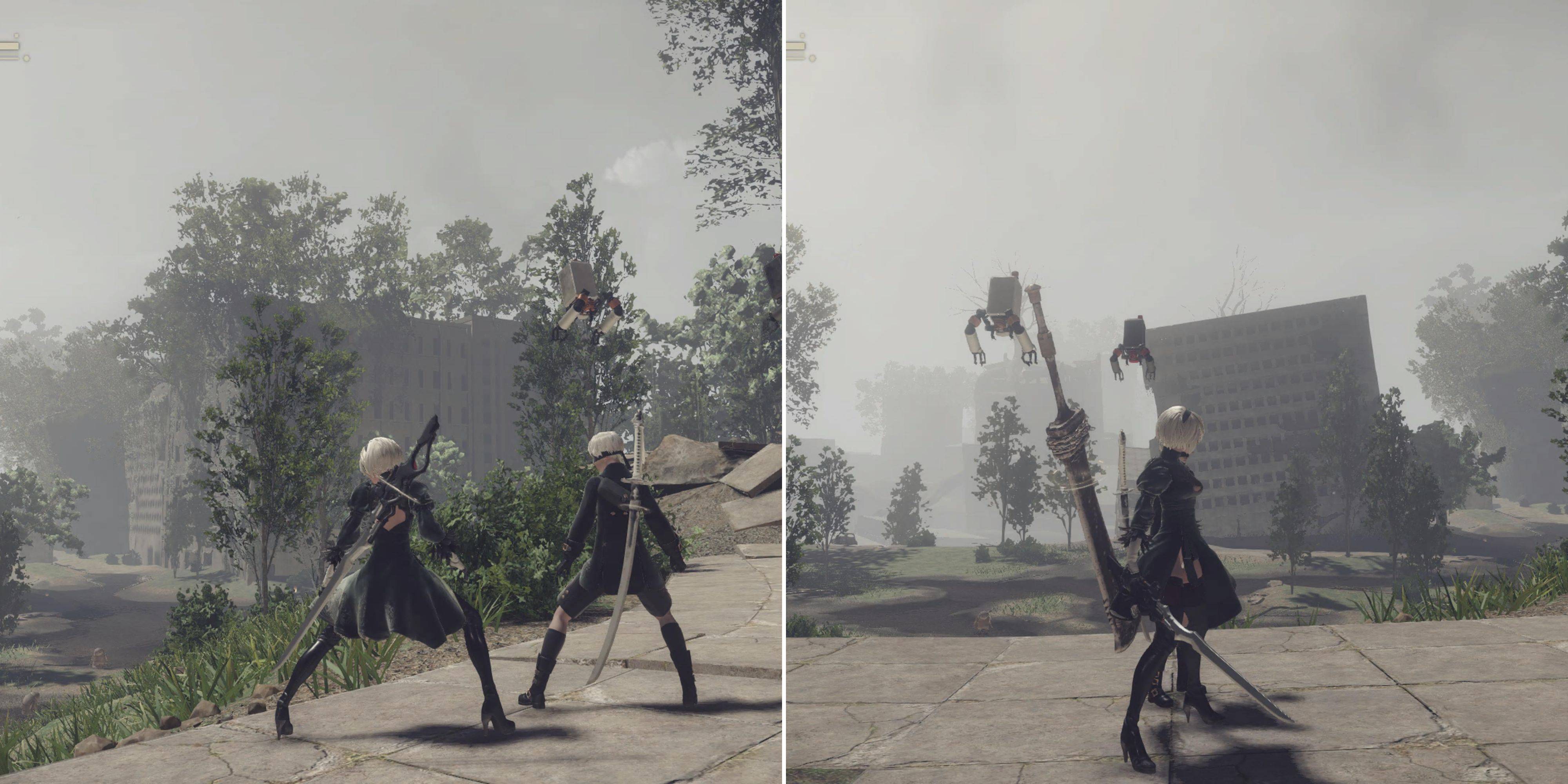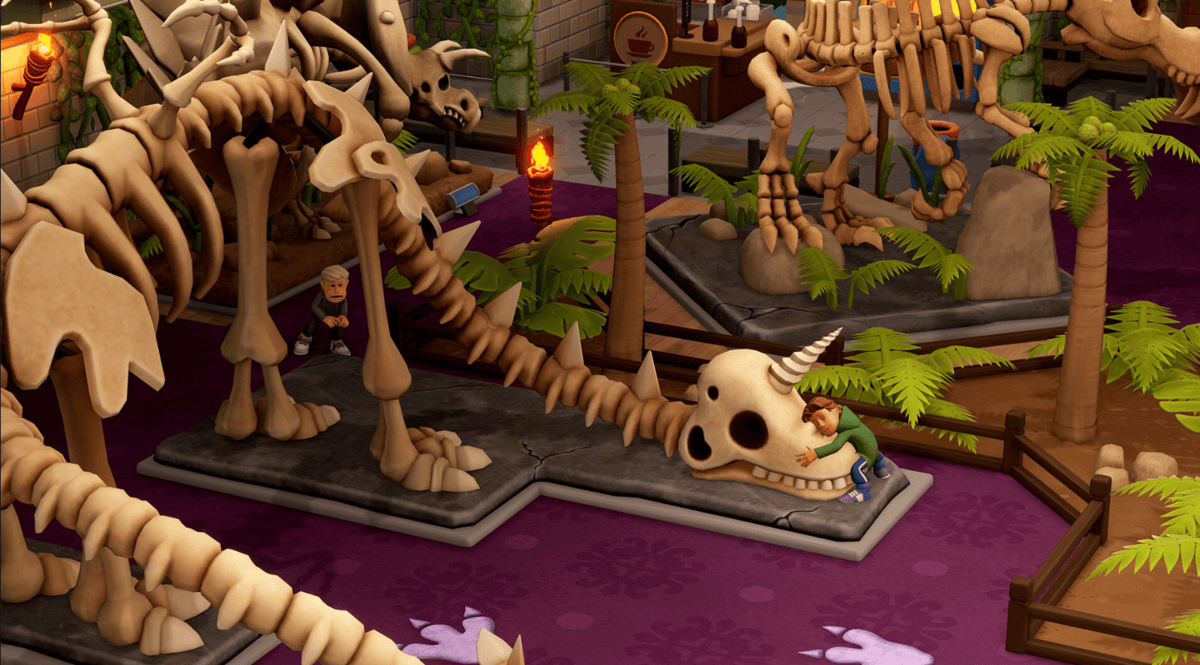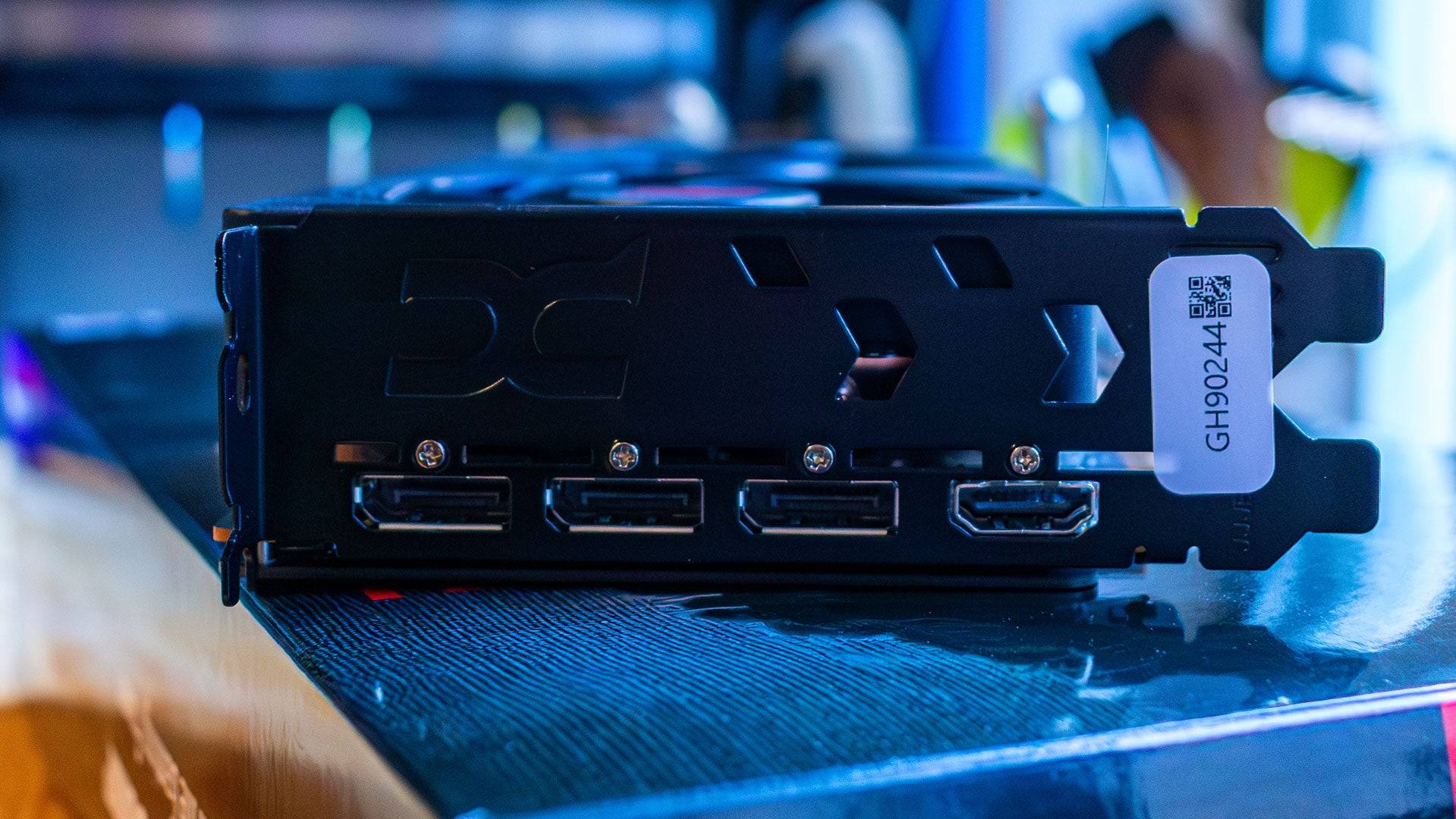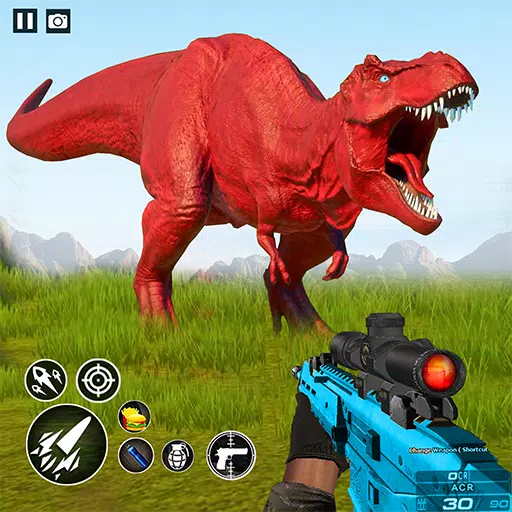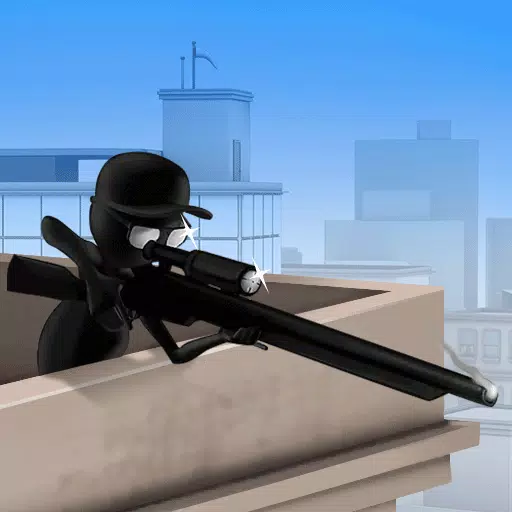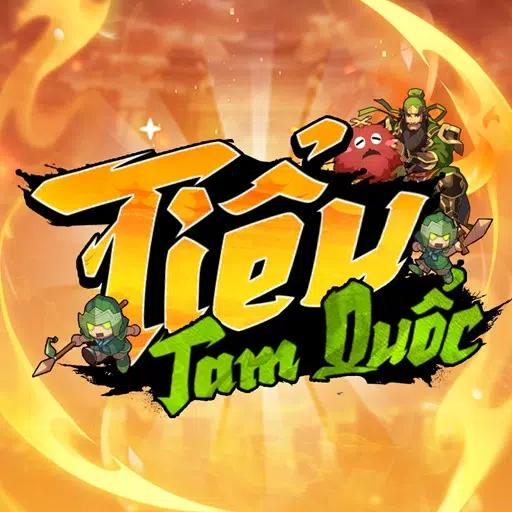Doom's Combat Evolution Syncs with Modern Metal Music Trends
The bond between Doom and metal music is unmistakable. A single listen to any Doom soundtrack or a quick look at the series' iconic demonic imagery instantly reveals this connection. The series' signature mix of flames, skulls, and devilish creatures is reminiscent of an Iron Maiden stage, past or present. This relationship with heavy music has evolved alongside Doom's gameplay, both elements reinventing themselves over the franchise's 30-year history. From its thrash metal roots, Doom has delved into various metal sub-genres, culminating in the latest installment, Doom: The Dark Ages, with its powerful metalcore influences.
In 1993, the original Doom's soundtrack drew heavily from the metal giants of the late 80s and early 90s. Co-creator John Romero has openly acknowledged the influence of bands like Pantera and Alice in Chains, evident in tracks like "Untitled" from the E3M1: Hell Keep level, which echoes Pantera's "Mouth of War." The broader Doom score embraced thrash metal, reminiscent of Metallica and Anthrax, propelling players through Mars' corridors with a sense of urgency that matched the game's fast-paced action. Composer Bobby Prince's soundtrack remains timeless, perfectly syncing with the game's iconic gunplay.
Doom: The Dark Ages - Gameplay Screenshots
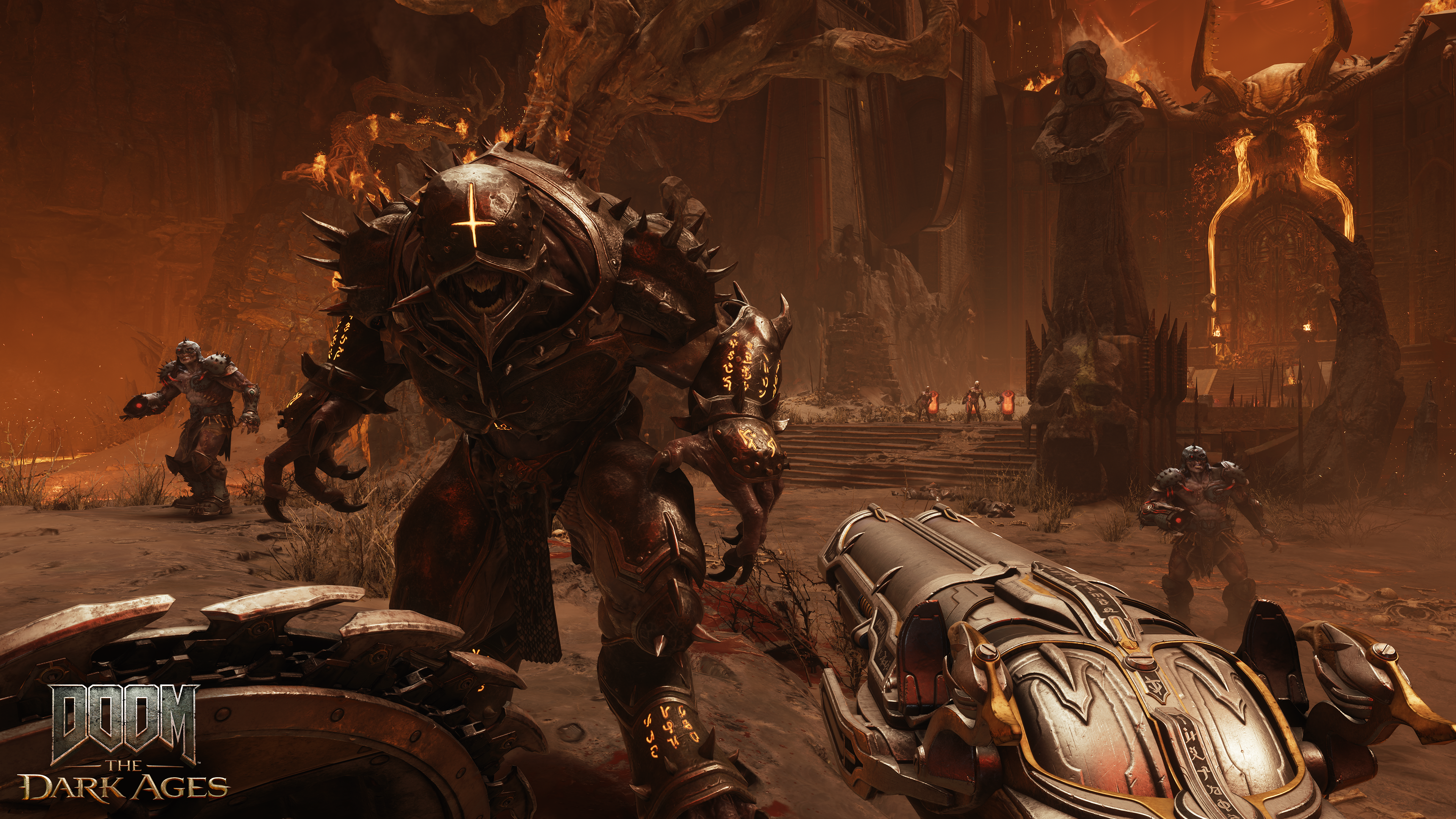
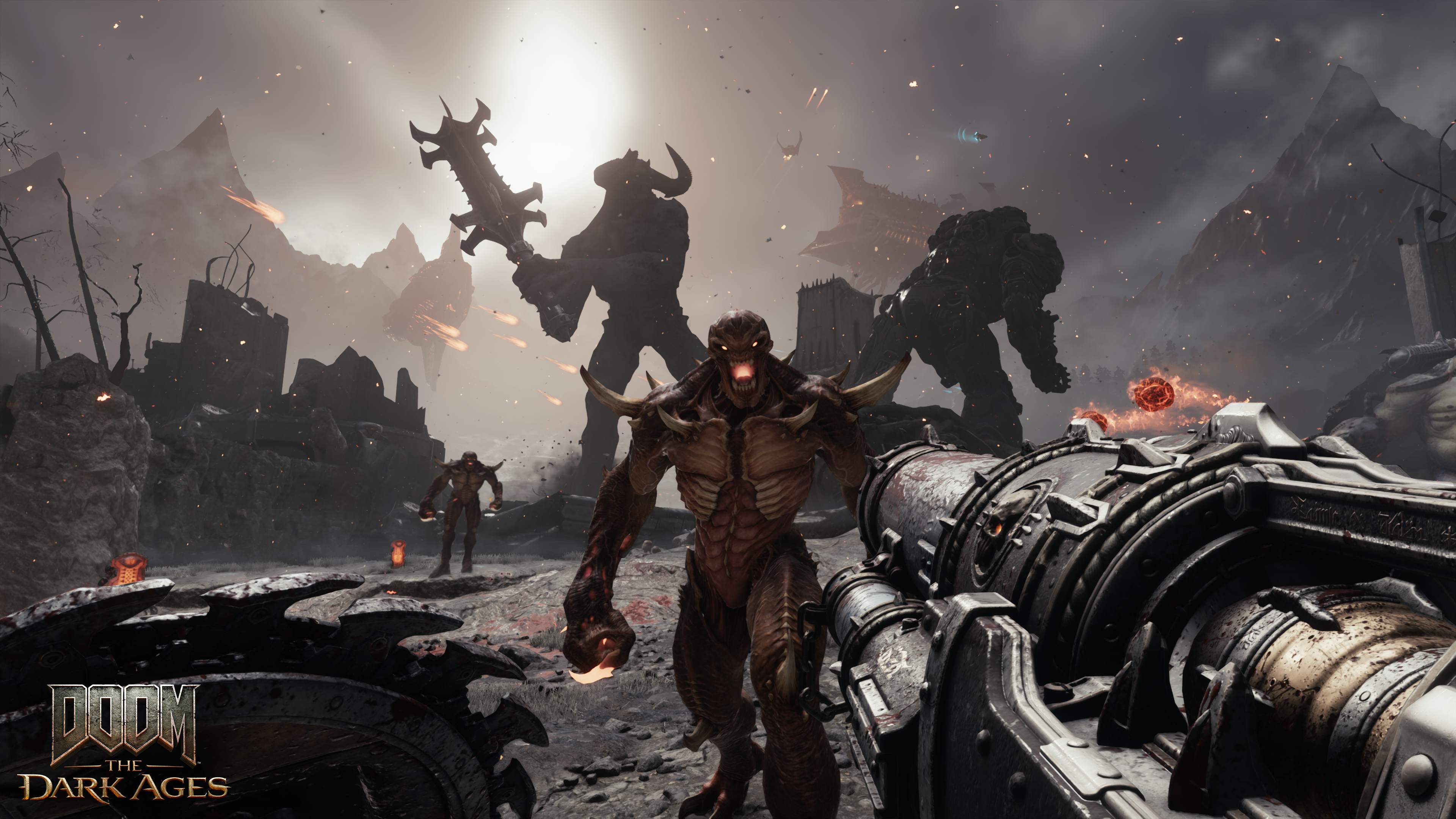 6 Images
6 Images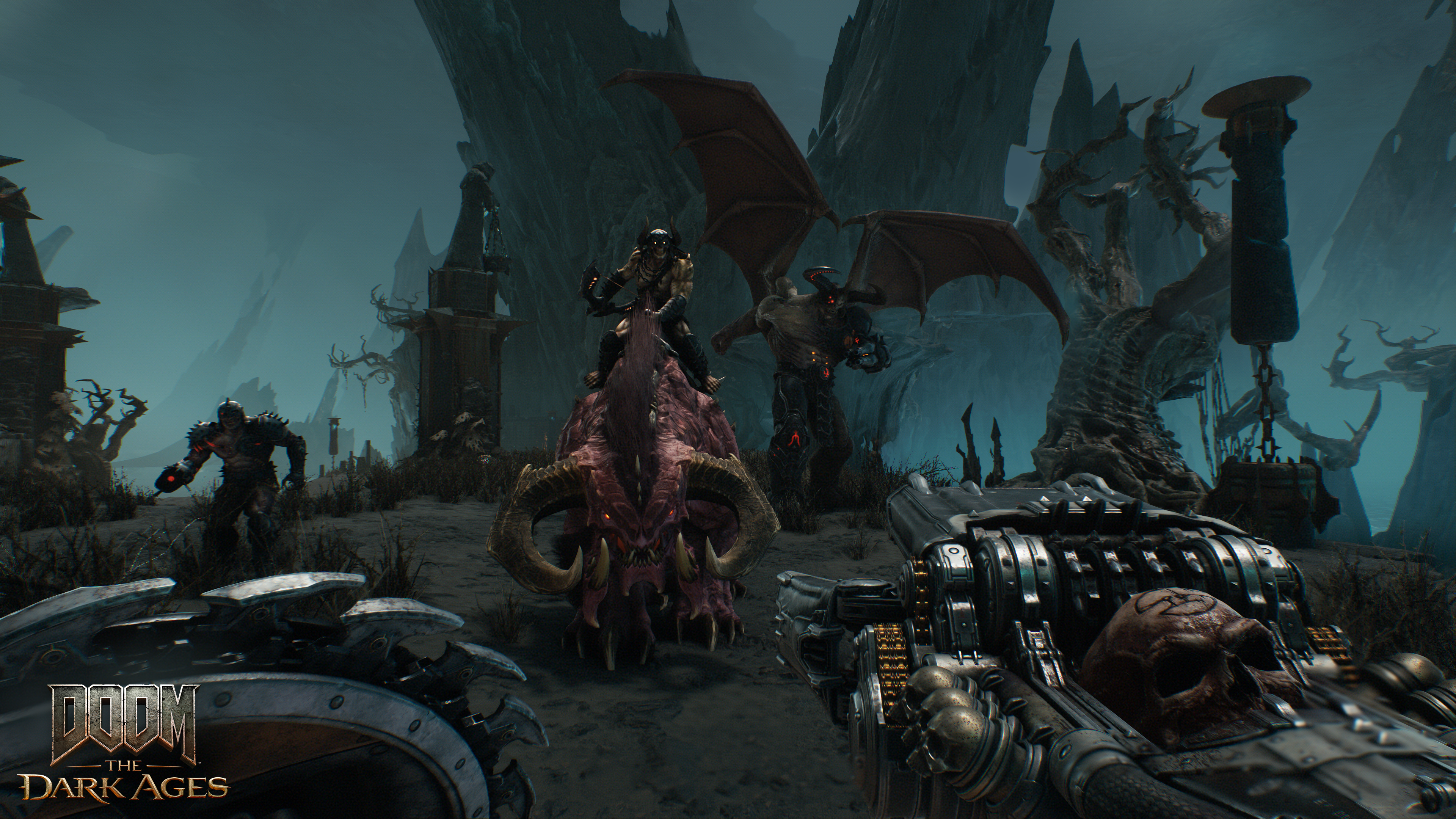
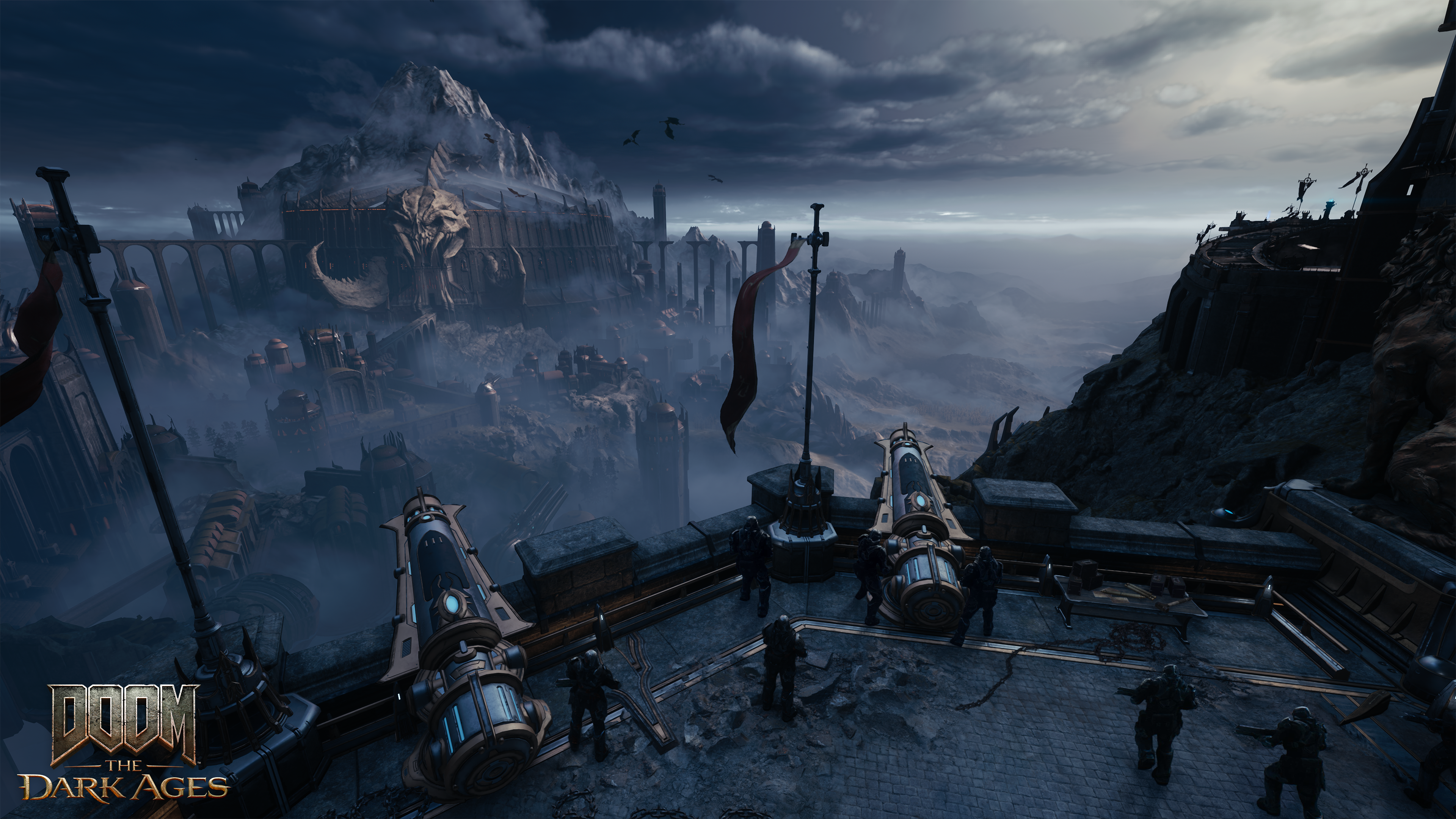
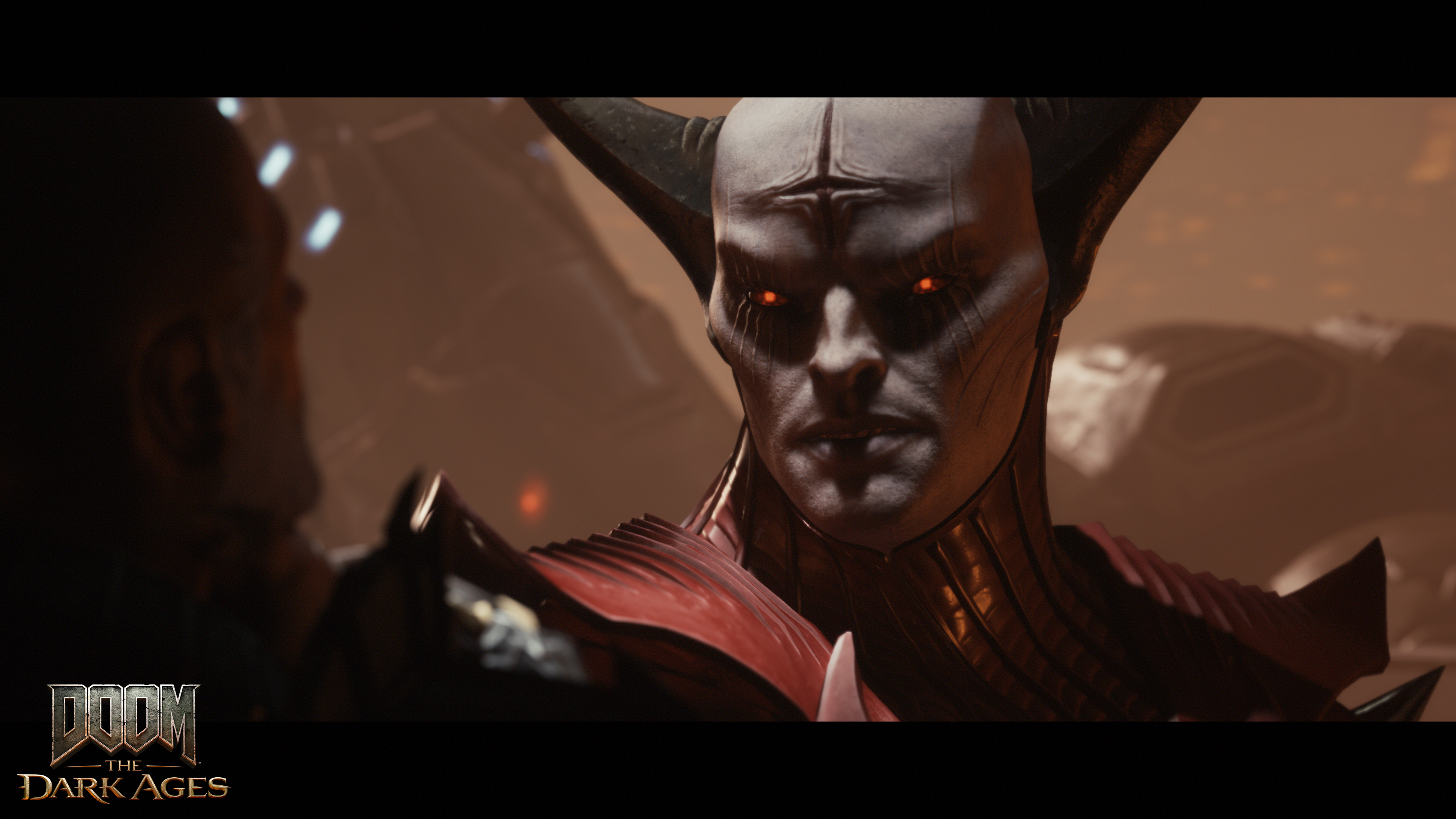
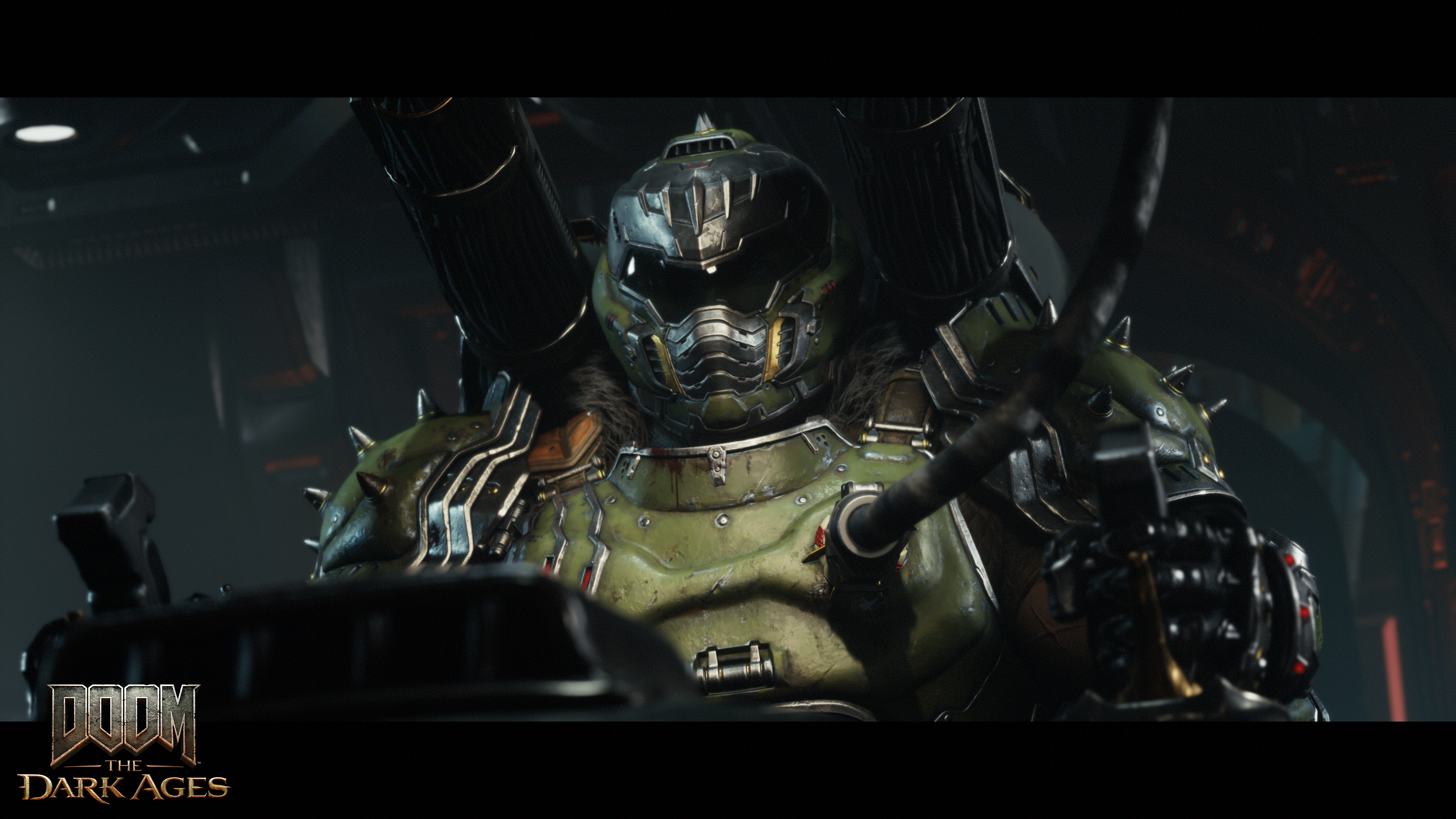
For over a decade, Doom's music and gameplay maintained this synergy. However, 2004's Doom 3 took a bold step into survival horror territory. While the game introduced controversial mechanics like the flashlight, which was later removed by modders and a 2012 re-release, Doom 3's slower pace demanded a new sound. The main theme could almost be a bonus track on Tool's Lateralus. Initially, Trent Reznor was considered for the sound design, but it was Chris Vrenna and Clint Walsh who ultimately crafted the theme, drawing inspiration from Tool's complex rhythms and eerie soundscapes, perfectly complementing the game's horror elements.
Doom 3 was a commercial success but stands as an outlier in the series, reflecting the broader evolution of FPS games during the early 2000s. Amidst the rise of console shooters like Call of Duty and Halo, Doom adapted, much like the metal scene which navigated the aftermath of nu-metal. While Doom 3's soundtrack didn't achieve the same iconic status as Tool's Lateralus, it was a fitting experiment that aligned well with the game's tone.
After a long hiatus, Doom returned with a complete overhaul in 2016. Directors Marty Stratton and Hugo Martin brought the Slayer back to Mars with a soundtrack by Mick Gordon that perfectly captured the game's momentum. The score, with its chainsaw guitars and heart-shaking bass, became one of the most celebrated in gaming, arguably surpassing the original. Doom 2016's soundtrack embraced the djent subgenre, reflecting the game's push for new extremes in both gameplay and music.
The follow-up, Doom Eternal in 2020, saw Gordon's return, though the final product was a result of complex negotiations with id Software. The soundtrack leaned further into metalcore, mirroring the genre's popularity during the late 2010s and early 2020s. Gordon's work with bands like Bring Me the Horizon and Architects influenced Eternal's score, which featured more electronic elements and crushing breakdowns. While still heavy, the soundtrack felt lighter than its predecessor, paralleling Eternal's more experimental gameplay elements like platforming and puzzles.
Personally, Doom 2016 remains my favorite, much like my preference for the raw energy of earlier metalcore albums over their more refined successors. Doom Eternal, while excellent, doesn't resonate with me quite the same way. Yet, many fans hold it in higher esteem, appreciating its innovative approach.
Doom: The Dark Ages presents an intriguing evolution. The recent Xbox Developer Direct showcased significant changes to the series' combat, suggesting a need for a fitting soundtrack. Early snippets indicate that new composers Finishing Move are drawing from both past and present metal influences, aligning with The Dark Ages' gameplay that echoes the original Doom while introducing new twists.
The Dark Ages adopts a slower pace than Eternal, focusing on direct, impactful combat with a Captain America-like shield, reminiscent of the original Doom's corridor-based encounters but expanded with mechs and dragons. The soundtrack must match this intensity while also accommodating the game's dynamic movement, drawing from bands like Knocked Loose for its heavy breakdowns and thrash-like elements that hark back to 1993's Doom.
As we await a fuller understanding of The Dark Ages' gameplay, it's clear that id Software is building on the series' rich history and beyond. The introduction of mythological creatures and giant mechs is a bold move for a traditionally "boots on the ground" shooter, reflecting the experimental nature of modern metal music. This shift parallels the genre's recent explorations into electronic, hip-hop, and hyperpop elements, as seen in the works of Bring Me the Horizon and Knocked Loose.
For fans of both Doom and heavy music, The Dark Ages promises to be an exhilarating experience. While gunplay remains the core of any id Software title, the soundtrack continues to play a crucial role, enhancing the game's atmosphere and intensity. With Doom: The Dark Ages set to release in May, anticipation is high for what could be a new favorite metal album to play through.
Latest Articles

![1xBet [Updated]](https://imgs.yx260.com/uploads/76/1719623227667f5e3be7616.jpg)


